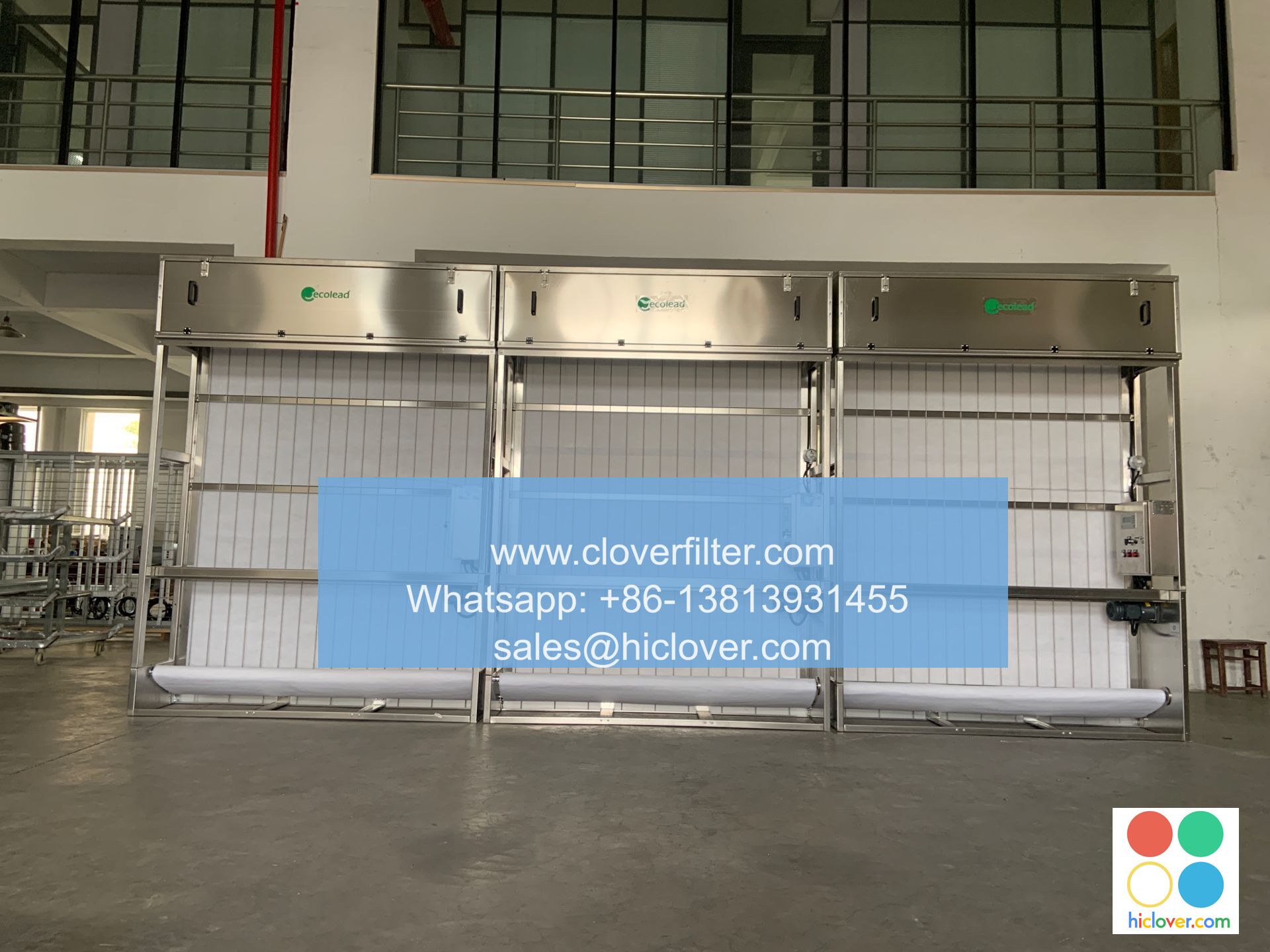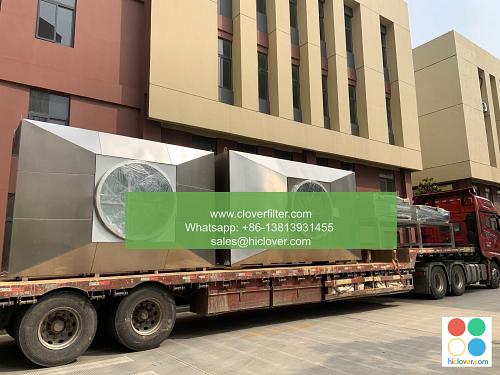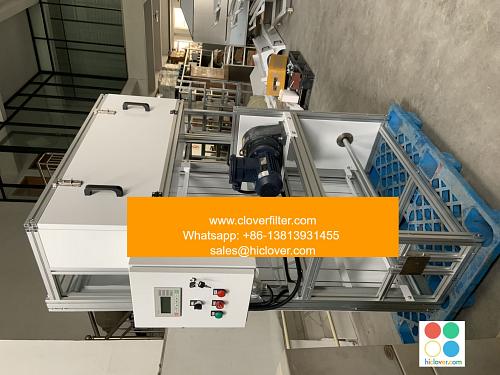Understanding Air Filter MERV Ratings: What They Mean

Understanding Air Filter MERV Ratings: What They Mean and How to Choose the Right One for Your Space
When it comes to air quality, even the slightest variation can make a significant impact on your health and comfort. That’s where MERV air filters come in. MERV (Minimum Efficiency Reporting Value) is a standard rating system used to measure the effectiveness of air filters in removing particles and pollutants from the air. In this article, we’ll delve into the world of MERV ratings, exploring what they mean, how they’re measured, and which applications require which level of filtration.
What is MERV Rating?
The MERV rating system was developed by the American Society of Heating, Refrigerating, and Air-Conditioning Engineers (ASHRAE) to provide a standardized way of measuring air filter performance. The rating system ranges from 1 to 20, with higher numbers indicating a more efficient filter.
Here’s a breakdown of the MERV rating scale:
- MERV 1-4: Basic fiberglass filters, designed for residential use, can capture 3-40% of particles as small as 3-10 microns.
- MERV 5-8: Medical environments, schools, and commercial buildings may require these filters, which can catch 50-95% of particles as small as 3-10 microns.
- MERV 9-12: Industrial settings, hospitals, and high-traffic areas benefit from filters with a MERV 9-12 rating, which can trap 80-99.97% of particles as small as 3-1.0 microns.
- MERV 13-16: The highest-rated filters, found in pharmaceutical, laboratory, and data centers, can capture 99.97-99.99% of particles as small as 0.3-0.3 microns.
- MERV 17-20: The most demanding applications, such as nuclear facilities, high-security government buildings, and specialized research labs, require filters with a MERV 17-20 rating, which can capture 99.99-99.99% of particles as small as 0.1-0.3 microns.
- Application: Different industries and areas have unique requirements. For example, hospitals and medical facilities require higher MERV ratings for better air quality and patient safety.
- Particle size: If you’re concerned about smaller particles, such as dust, pollen, or pet dander, a higher MERV rating may be necessary.
- Airflow: A higher MERV rating may reduce airflow, so ensure the filter’s flow rate meets your system’s demands.
- Maintenance: More complex filters may require more frequent cleaning and maintenance, which can impact operational costs.
- Budget: Higher MERV ratings typically come with a higher price tag.
- Commercial: Offices, schools, and restaurants may benefit from MERV 5-8 filters, which can handle general ventilation and airborne pollutants.
- Healthcare: Medical environments, such as hospitals and clinics, require MERV 13-16 ratings for optimal air quality and infection control.
- Industrial: Factories, manufacturing facilities, and industrial settings may need MERV 9-12 ratings for heavy particulate removal.
- Data Centers: High-reliability data centers and server rooms typically require MERV 14-17 ratings for maximum particle removal and reduced downtime.
- MERV ratings range from 1 to 20, with higher numbers indicating more efficient filters.
- Different industries and applications require unique MERV ratings for optimal air quality.
- Consider factors like particle size, airflow, and maintenance when selecting a MERV rating.
- Higher MERV ratings often come with a higher price tag and may require more frequent maintenance.
Factors to Consider When Choosing a MERV Rating
When selecting a MERV rating for your space, consider the following factors:
Applications for MERV Ratings
Residential: For home use, a MERV 8 filter is often sufficient, as it captures most airborne particles.
Conclusion
In conclusion, understanding MERV ratings is crucial for ensuring the best possible air quality and tackling various environmental and health concerns. By considering your specific needs, choosing the right MERV rating, and selecting the appropriate filter for your space, you can enjoy a healthier and more comfortable environment.
Key Takeaways:
By choosing the right MERV rating for your specific needs, you can literally "breathe easier" and enjoy a healthier, more comfortable environment.
I’d be happy to help! What would you like me to assist you with? Do you have a specific topic or question in mind, or would you like me to generate a prompt for you?


